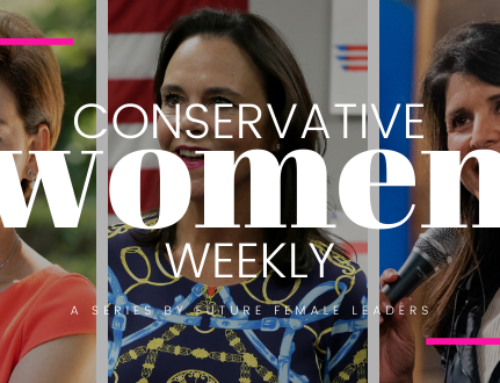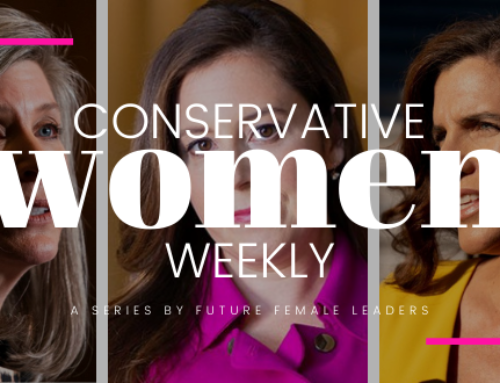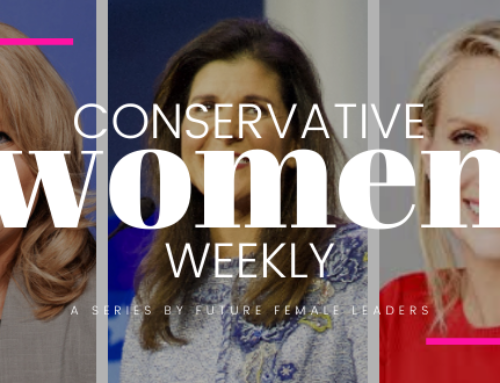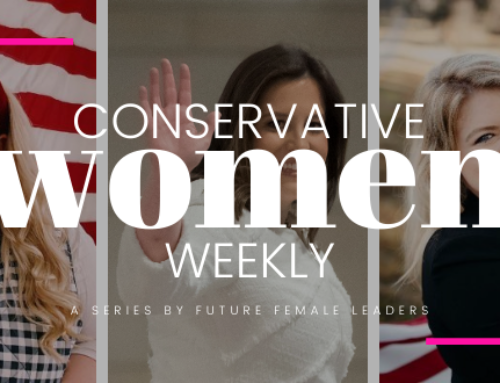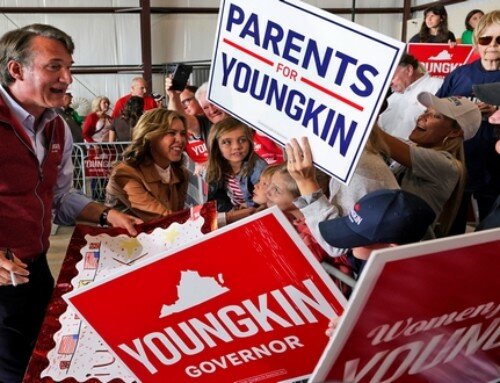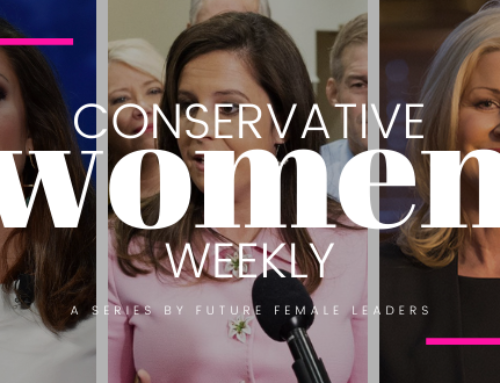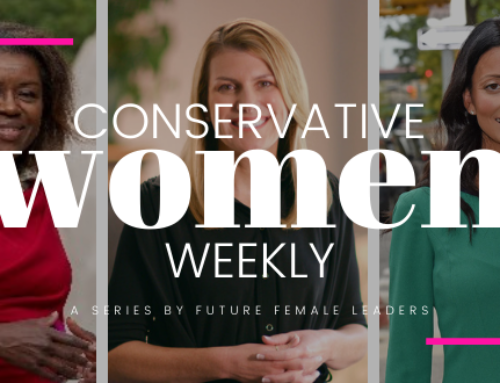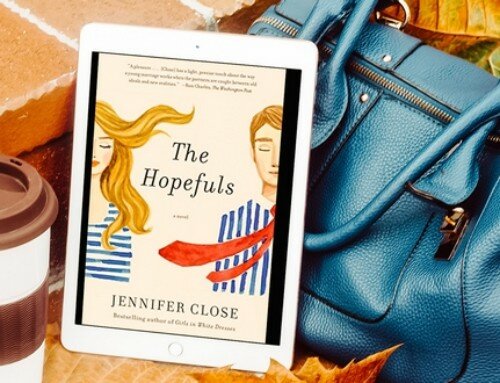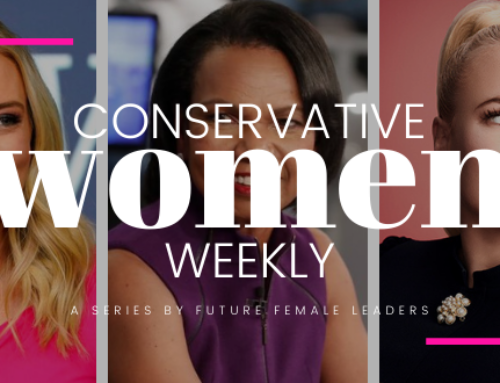Stereotypes are everywhere. Only 10 seconds after we meet someone, most of us place others in a “box” where we think they belong. We place the emphasis on physical attributes such as appearance, clothing, ethnicity, gender, and other characteristics in order to sort those in the world around us into different groups.
By definition, stereotypes are a widely held but fixed and oversimplified image or idea of a particular type of person or thing, and in politics, stereotyping is everywhere — on both sides. I am just as guilty as anyone else. I often look at someone and try to guess their political views by their clothing or stickers on their laptop. It’s almost second nature, but this placing of people into their designated political box needs to end. The only thing that should let you assume someone’s political party should be a political animal on their t-shirt or a sticker for a specific candidate — everything else is just stereotyping others.
By creating an illusion of a stereotypical Republican (or Democrat) you are potentially turning away a whole group of voters who might align with your beliefs and ideals, but are turned away with the image that society tells us. For instance, I have had many friends who agree with me on conservative issues but said they couldn’t vote conservative because they weren’t white or they didn’t own any preppy clothing.
Have politics become so shallow that we now associate a political parties with specific clothing stores? (All of which were created by capitalism, I must add) That if you enjoy a monogram necklace you must be a conservative and if you hang a tapestry on your wall everyone assumes you vote liberal?
Politics and ideological issues are intellectual and require a deep understanding of not only current issues and policies but also your own personal beliefs and core values. This deep understanding and intelligence just cannot be summed up by your favorite brand, musical artist, or color of your skin. And by creating these associations, you are potentially pushing less informed young people towards a political party they might not necessarily agree with.
I urge all of you to look beyond the typical “tell-tale” signs of political party next time you talk to someone. Get to know their values, beliefs, background, and issues close to their heart before you assume whether they vote blue or red in the next election. And in the meantime, I’m going to shop at Urban Outfitters and Lilly Pulitzer, listen to indie folk and country music, and fight for conservative ideals.
Corinne C
Cabinet Member
Corinne loves late night reading, caramel lattes and everything to do with elephants. She thoroughly believes in life, liberty, and the pursuit of sassiness.



